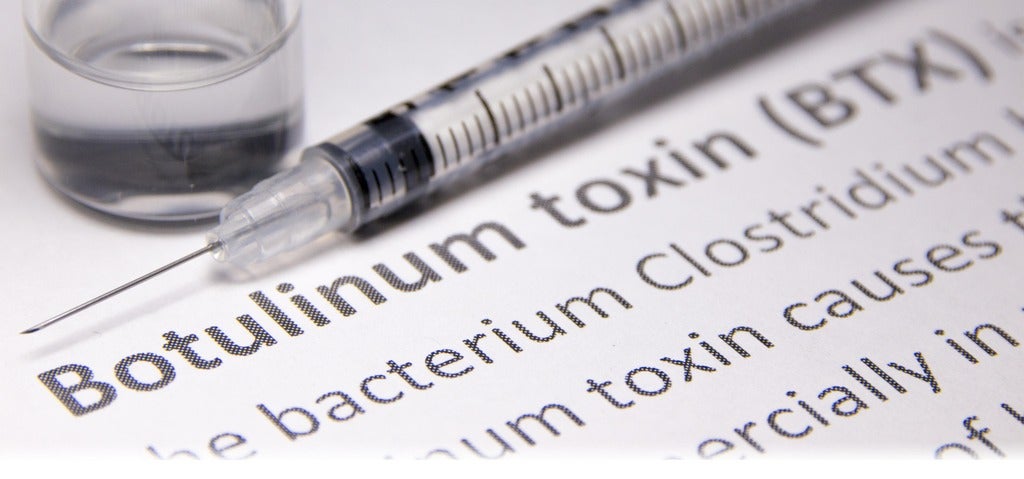2020 Waterloo iGEM team wins gold with a project to recover heavy metals from wastewater
The Waterloo iGEM (International Genetically Engineered Machine) team has been recognized with a number of awards this year at the annual competition. In addition to receiving Gold standing, their project also received the award for best Manufacturing Project at the undergraduate level, it was also nominated for the iGEM Inclusivity Award and the Best Wiki Award!
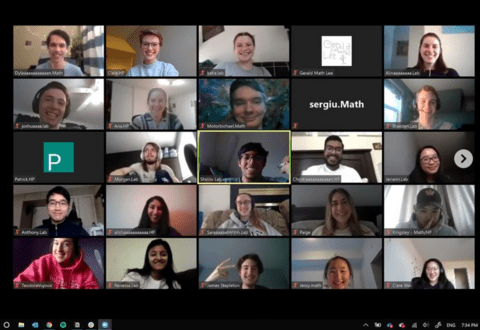
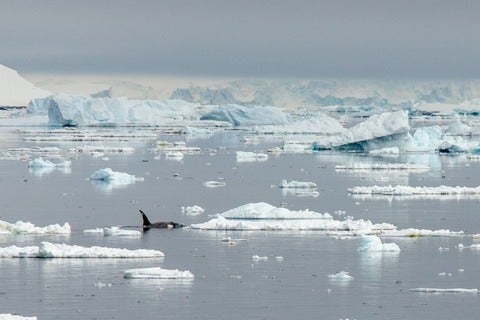
 Antarctica is a cold, mostly barren continent, defined by its isolation and snow. It is also a place that has been set aside for peace and science. The challenges of this desolate and harsh environment provide the necessary surroundings to foster teamwork and collaboration for those living and researching there.
Antarctica is a cold, mostly barren continent, defined by its isolation and snow. It is also a place that has been set aside for peace and science. The challenges of this desolate and harsh environment provide the necessary surroundings to foster teamwork and collaboration for those living and researching there.
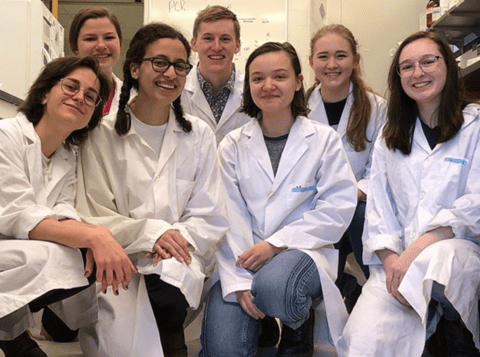
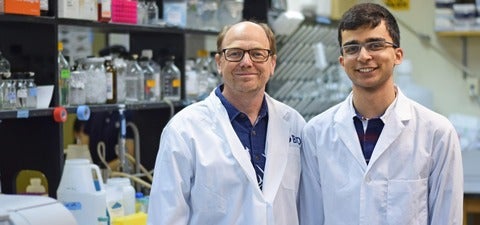
 Last week, Sajeev Kohli, a local Waterloo teen from Sir John A. MacDonald Secondary School, won the International BioGENEius Challenge, held in Boston, Massachusetts.
Last week, Sajeev Kohli, a local Waterloo teen from Sir John A. MacDonald Secondary School, won the International BioGENEius Challenge, held in Boston, Massachusetts.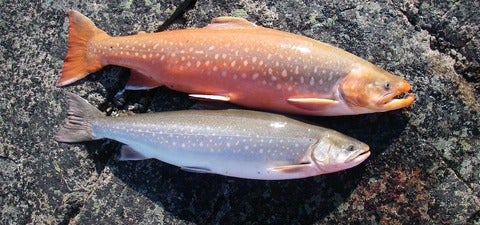
 University of Waterloo researcher Heidi Swanson is set to receive $1.2 million, over five years, from the Federal government’s $75 million Coastal Restoration Fund to perform community-partnered research. The aim of the project is to restore fish in the Coppermine River and other river systems near Kugluktuk, Nunavut.
University of Waterloo researcher Heidi Swanson is set to receive $1.2 million, over five years, from the Federal government’s $75 million Coastal Restoration Fund to perform community-partnered research. The aim of the project is to restore fish in the Coppermine River and other river systems near Kugluktuk, Nunavut.